Fair trade vs organic: what’s the difference?
The fair trade vs organic question is a common one. Consumers are more conscious than ever about their purchases, which is a great—and also sometimes confusing—thing!
While fair trade and organic are movements that have a relationship with one another, one is no more the same as the other than a person is the same as their partner. Sure, there are some common interests, but they’ve still got their own strengths!
Many fair trade products are also organic, and as such, some organic products are also fair trade. But the two don’t always go together, and one doesn’t preclude the other, either. They both share a respect for the environment, and so once a producer gets their fair trade certification, they may also go for an organic one, or vice versa. But that’s about where the similarities end.
What does organic mean?
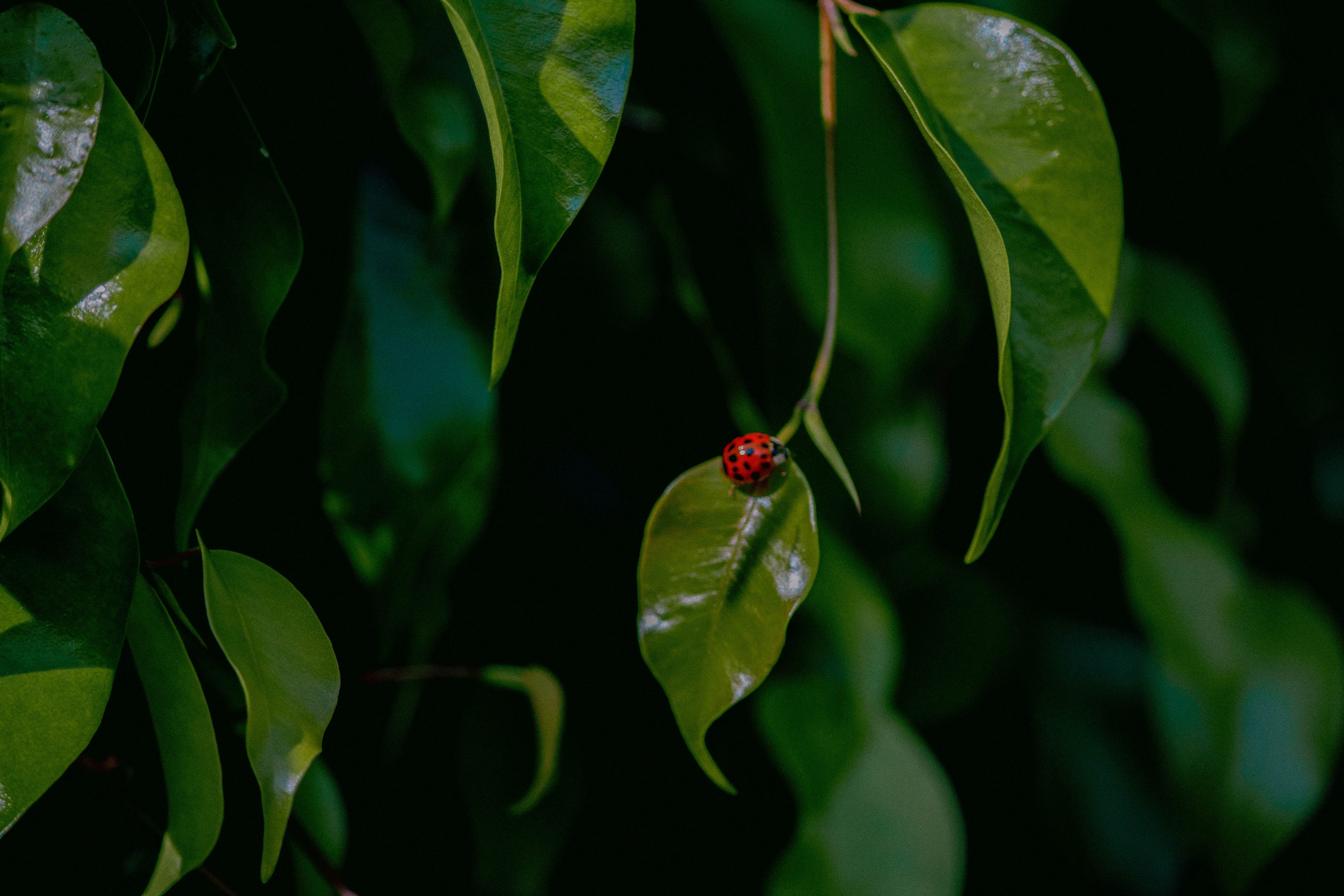
Organic sort of means that there has been as little human intervention in agriculture as possible. Which is odd, because agriculture is inherently a human intervention kind of thing. (Ever seen a bear farm its own berries? Yeah, didn’t think so.) Sure, plants grow naturally, but we’ve selected which plants are most useful to us over time, actively planted them where we want them, and even eliminated unwanted plants pretty strategically. Human intervention is built right into agriculture.
But where organic draws the line is using chemical pesticides, for one thing. If you want those bugs off your plants, you’d better make sure that your plants are good and strong to start with, and then use approved items to get rid of any bugs that come along. (That might look like a biodegradable and benign substance like egg shells, for example.) Organic says no to chemical sprays that might damage the environment.
Organic also means that we’re not allowed to interfere with plant reproduction through genetic modification. Or at least not in some ways. If we cross-pollinate plants by hand, using a paint brush or a Q-Tip, that’s OK. But if we stick a couple of totally different species’ genes together in a glass tube while wearing a lab coat, that’s a big no-no. Organic certifiers do not like that one bit.
Benefits of organic agriculture
In an ideal world, organic farming looks like doing things traditionally, like saving seeds from one year’s crops to plant the next, and putting composted cow poop on your field instead of chemical fertilizers to make sure the soil is rich. It sure does beat putting a bunch of environmentally-harmful chemicals onto the earth, wouldn’t you agree?
Ideally, organic farming also takes an opportunity to grow many different crops together as well. Biodiversity is crucial for a healthy ecosystem, and that includes the mini ecosystem of your farm. Companion planting is useful, as is shade-growing some crops (shade-grown coffee is considered a premium product, for example).
So basically, the way you grow your tomatoes in your back yard? Expand that to a farm-sized endeavour, hire some staff and nix the Miracle-Gro. Then you have a pretty decent idea of the methods and environmental standards around organic.
Organic certification asks producers to be good to the earth and let it exist as undisturbed as we can, while also cultivating it to grow the things we want.
Fair trade vs organic

So then what’s the difference between fair trade and organic? Well, you might have noticed that I didn’t really mention much above except environmental standards. And that’s because the environmental piece is basically the extent of organic certification.
How does fair trade work? It looks at various pillars of sustainability: social, economic and environmental. So while it’d be negligent not to mention the environmental link in the whole fair trade vs organic discussion, that’s about as far as the similarity goes.
Labour standards
This one is slightly grey, because technically labour conditions are a little better just by virtue of not having tons of dangerous chemicals around. Bravo, organic! But organic farmers don’t have to provide protective gear when their workers are doing more dangerous tasks. Organic certification doesn’t put a cap on how long workers can work in a single day, and it also doesn’t require that labourers be paid a living wage.
With fair trade, it’s a different situation. Protective gear must be provided where appropriate, and everyone must be paid a living wage for their work. Fair trade producers also can’t have their workers doing 16-hour shifts, and they aren’t allowed to force people to work for them. And perhaps most crucially, it’s prohibited to use child labour in fair trade. Children must be allowed to have time for school, play and being a child.
Organic is not really the go-to certification when it comes to protecting workers. It’s good at what it does, but that’s not labour. So if the whole fair trade vs organic thing were a contest, organic would be starting at a serious disadvantage.
Trade standards
There isn’t any real requirement in the organic movement to actually pay producers more for organic. So why do we pay more for organic food at the grocery? Because retailers know it’s a premium product and they can charge you more for it. Does that mean that any more money is going to the producer? Not necessarily.
The trade relationship between producer and buyer isn’t monitored with organic certification, so fair trade comes up way ahead in this area. When we’re thinking about fair trade vs organic, it’s relevant that the trade component is built right into fair trade. After all, it’s called fair trade.
With fair trade, a key element is the payment of a fair price. I mean, fair trade comes in and tells producers they have to make sure they’re paying everyone a fair wage, and that they need to take more steps to respect the environment, and all of that costs money. So it’s only right that those producers also receive a higher price for their produce.
Fair trade also encourages long-term relationships. Some Canadian companies that I’m familiar with have had trade relationships with the same cooperative for over 20 years. This gives a ton of economic security to the producer organization!
Equity standards
Genuine fair trade aims to give a leg up to people who have been historically disadvantaged. Most notably, this means prioritizing small-scale, family-owned farms. The average fair trade producer’s farm plot is 1.4 hectares, whereas the world average is over 6 times that size. We know that small-scale farmers are better for the environment, but traditionally they have struggled to compete on the market with larger-scale producers. However, when small farmers gather into cooperatives, they can produce enough for larger buyers without having such a detrimental impact on the environment.
Beyond focusing on small producers, non-discrimination is also an important component in fair trade. Around half of the people in the world are women, but they continue to lack the same opportunities to own land, be in positions where they can participate in decision-making, and so on. Fair trade requires that women be able to fully participate in democratic processes in producer cooperatives, including holding jobs that have traditionally been considered for men only. Even with these efforts, only 25% of fair trade farmers and workers are women, so just imagine how much further we have to go in conventional trade systems!
Who wins the fair trade vs organic debate?
You might be wondering, if I’m so stoked about fair trade, and if it covers so much more, why do people bother getting both organic and fair trade certifications?
It’s a fair question!
There is one thing that organic systematically does very well on, and that fair trade doesn’t do as well on: environmental protections. While fair trade encourages taking steps towards more organic ways of producing goods, it’s not nearly as strict as organic, and some goods don’t even apply. (Fair trade handicraft artisan groups, for example, aren’t exactly the crowd to preach to about pesticides, especially when they’re often recycling existing materials.)
If you really want your products to be as sustainable as possible, it’s important to look at all three pillars, and do what’s best for all of them. Fair trade is more comprehensive overall than just organic, but organic is stronger on the environmental pillar of sustainability.
So I know I just wrote a whole article on fair trade vs organic, but why not reframe the way we think about it? Why not think of them as two things that complement each other? Why not fair trade and organic?
Like with so many things, they’re strongest when they work together.
In solidarity,
Lia
Pin this for later!
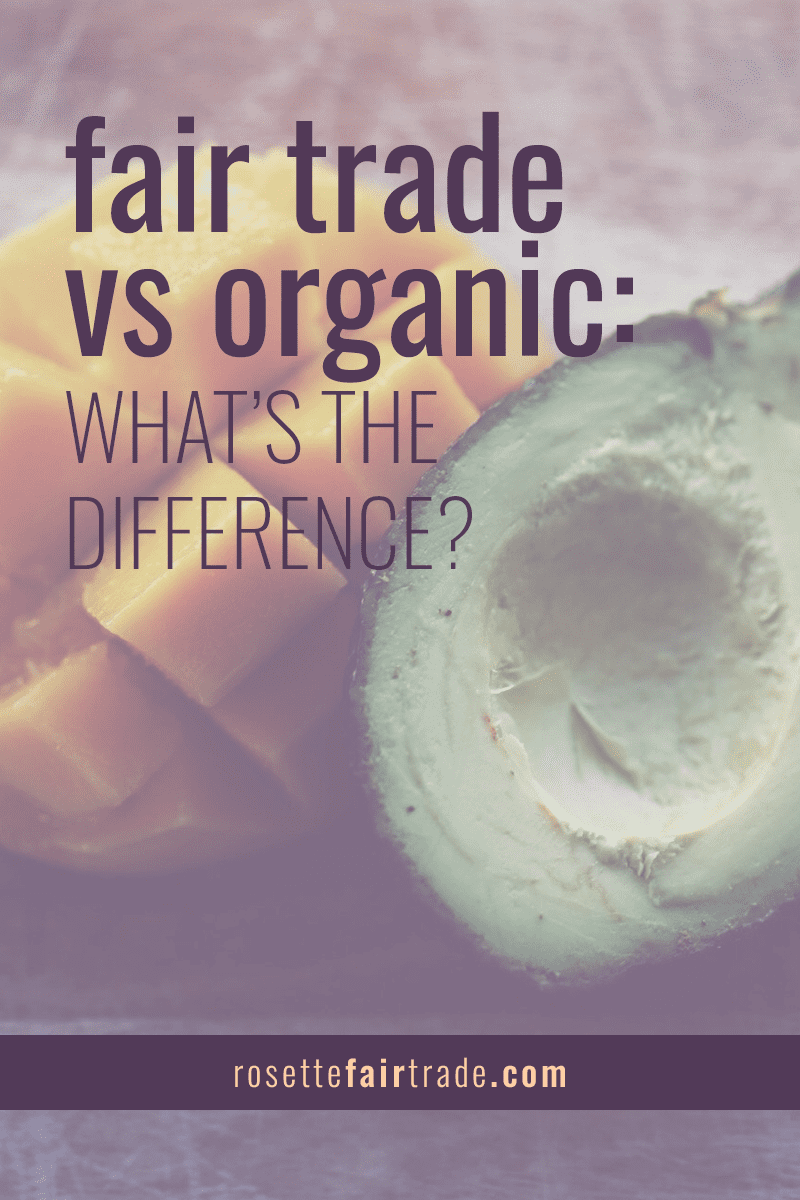

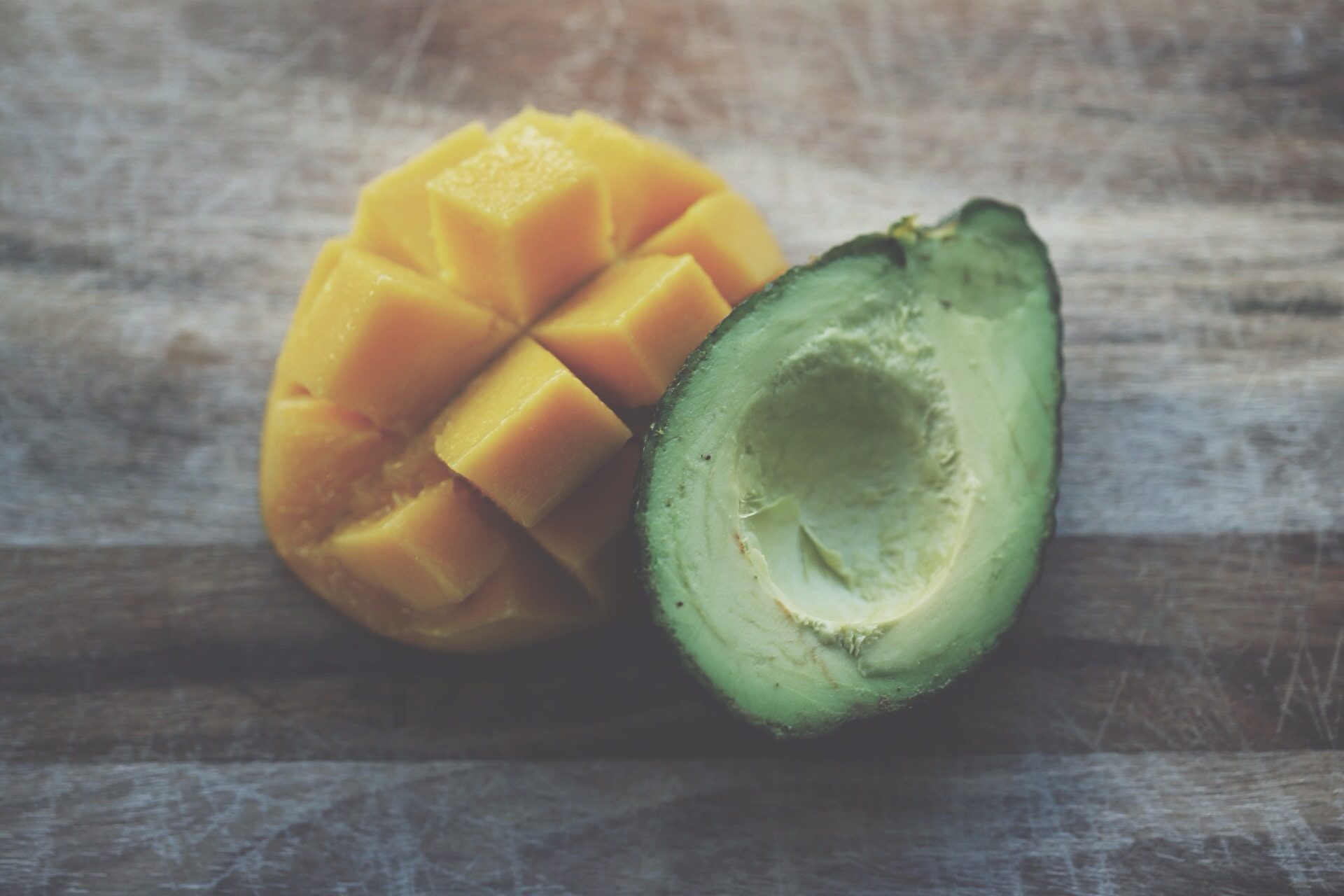
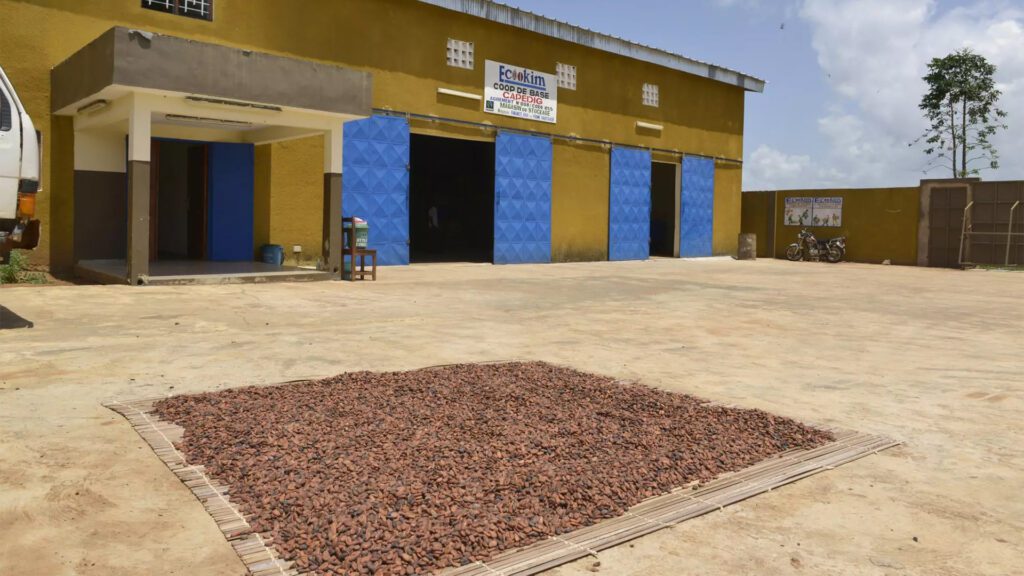

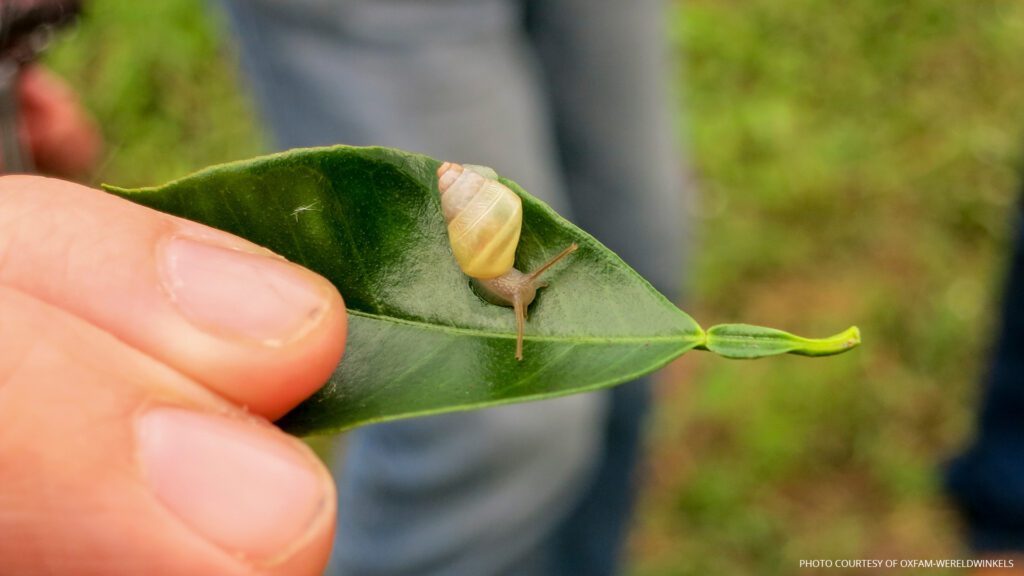

[…] Fairtrade Month in Canada, you’ll often hear brands and advocacy groups talking about the impact of fair trade on producers and their communities. And that’s great! The flip side is that conventional trade often leads to producers feeling […]
Thanks for pointing out the difference. Don’t forget that the big downside of organic farming is depletion of the soil. As the amount of nutrients that may be added is limited, the plants have to extract it from the soil. Also organic production requires a lot more surface area compared to conventional production for the same amount of harvest. This is due to the limited application of nutrients. It makes choosing between regural fruits and vegies and organic ones difficult as both have pros and cons.
Thanks for your comment, Valinda!
When you speak of soil depletion, I think it’s important to remember that growing food in any way will take nutrients out of the soil (the plants need them to grow!). While it’s true that we have to add things like compost and other naturally-occurring nutrients to grow organic food, conventional farming also leeches the nutrients out of the soil and actually replaces them more poorly. Often, chemical fertilizers are quite damaging to the soil over the long term, and more organic methods like enriching the soil with decomposed plant matter and so on is much gentler and effective in the long term. [Source: I’m a small-scale organic farmer. 🙂 ]
You’re absolutely right that you can’t grow food on as little land with organic farming. However, I think it’s important to remember that we’re already growing far too much food and also wasting far too much of it! Growing more, I feel, should not be the goal. Working to ensure that everyone has access to food and we reduce food waste is the kinder and greener way to proceed. Many people aren’t aware of this, but we currently grow enough food on our planet to feed everyone on Earth one and a half times. That’s a lot of food! So why are people still going hungry? Part of it is that we also waste between 30 and 50% of the food that we produce. This is, to be frank, a crime! If people are going hungry and we’re also throwing at least 30% of the world’s food away, clearly we need to work ourselves out! We also do use a lot of food to feed animals that we then eat, when we know that reducing our meat intake and migrating to grass-fed livestock is greener. This would also help us to make sure everyone has a full tummy and we’re not taxing the Earth so much by growing more food than we need to!
In any case, I appreciate you stopping by, and thank you for your ongoing commitment to a greener world! 🙂
Super helpful way to distinguish the difference. I feel like organic certifications also mean more plastic was used in shipping (at least in the US) so I always have mixed feelings.
Thanks for your comment, Barbara!
I can’t speak for the US, but in Canada, plastic packaging is separate from organic certification. Ideally, of course, always go for an organic brand that helps you reduce waste and as a result, reduce the overall carbon footprint!
Thanks for your comment, and for your dedication to buying green products!
Thank you for this post! I didn’t completely understand the differences. This will help me make better choices when I go shopping.
You’re so welcome, Hollie! I’m really glad it was helpful for you! 🙂
What is the difference between organic and eco food?
Thanks for your comment, Amanda!
I’ve never heard of the eco food certification, and it didn’t turn anything up when I Googled it. My guess is that it’s just a general and relatively undefined term that people use to talk about food that they feel is green. Whereas organic certification is a very specific framework that a producer has to comply with before putting the organic label on their product.
Hope that helps! 🙂
Cool! I didn’t even know the difference to be honest. So thanks for that! Trying to buy more organic now but it’s not always easy!
So glad it was useful for you, Ailsa! I’ve found that it’s easier to buy local organic items at the farmer’s market, and often you can get a reasonable price there, too. I especially like that it removes more middlemen and more goes directly to the farmer!
For international products like bananas and avocados, though, fair trade is always the best choice where it’s available. It not only protects the environment but also the workers! And now many large chains in Scotland (where I’m guessing you are!) sell 100% fair trade bananas, as Europe is ahead of us Canadians in that area (at last check, 15% of bananas sold in the UK are fair trade, while we’re still under 1%). With that scale and availability, often the prices are more comparable to non-fair trade products in Europe, so here’s hoping that we can get closer to that number in Canada, too, so even more people can choose fair trade!
Thanks for your comment, Ailsa, and thank you for participating in positive change! 🙂
I definitely pay more attention to fairtrade than I do organic, especially from reading a lot of things recently that have outlines the fact that organise is not always better for the environment!
Very useful post though
The Quirky Queer
Thank you so much for your comment, Muccycloud!
It’s such a tricky topic because there are so many angles to consider in our carbon footprint. There is the growing of the food, the transport of the food and even the storage of the food! Organic food that travels the same distance as non-organic food is very likely to be kinder to the environment, but the very best option is to choose local AND organic food, of course! I find it’s easiest to do that at the farmer’s market, where a larger portion of your dollar goes right to the farmer anyway, which is nice. 🙂
Thank you for your comment, and for supporting positive change!
This was such a great article on a topic that can be really confusing. I appreciated the thorough (but clear) explanation and your helpful clarifying comments in others’ posts. Thanks for adding your expertise!
That means so much! Thank you for your kind comments! 🙂
I had no idea that the people who are involved in organic foods don’t get paid more, despite their products having a hefty price tag on them. That doesn’t seem right at all!
Right?! This is why it’s best to look for fair trade AND organic wherever possible. Both systems work well for what they are, but sadly organic certification doesn’t have strong labour standards. We need systems like fair trade to complement the awesome environmental standards of organic certification! 🙂
ahh i love this! Thank you for such a helpful break down. I really thought fair trade just had to do with being ethically sourced but didn’t understand quite how expansive it actually is.
I’m so glad you enjoyed it! Always nice to know that education-focused posts are doing what I hope they do!! 🙂
[…] fashion is usually quite low-quality and typically manufacturers don’t bother with eco-fabrics, organic textiles or anything like that. The goal is to produce it for as little as possible and sell a ton of it to […]
[…] Click here if the page doesn't appear […]
[…] the developing world because it’s a hot-climate crop. That means human rights violations and environmental abuses are more likely to happen if there’s no […]
[…] advice is to go with fair trade wherever possible. That’s because fair trade is the best of both worlds (ethical for people and planet). Why choose between them when you can get both together? It’s a […]
[…] خرید Fair Trade Organic و/یا سیاست خرید اخلاقی ، می توانید از این که بازار به ۱: […]